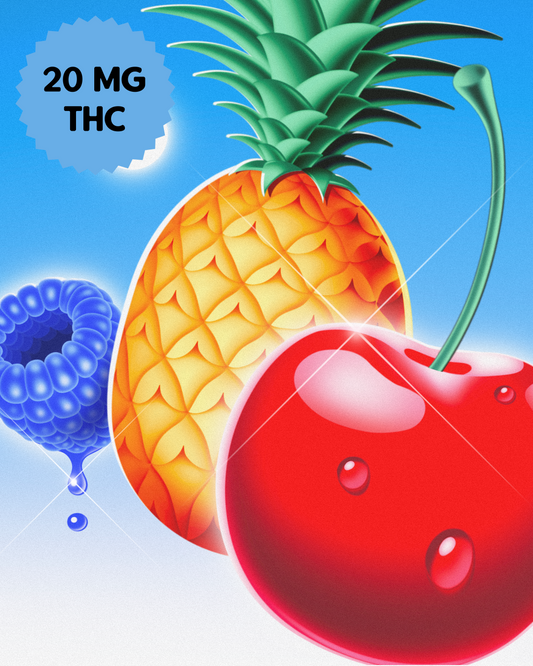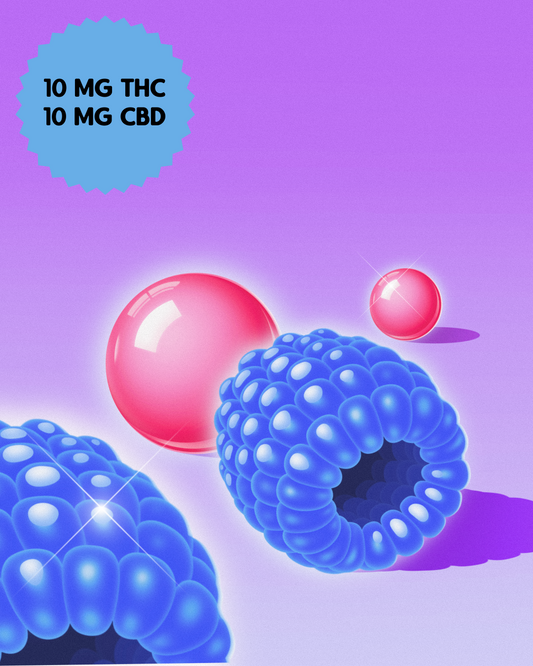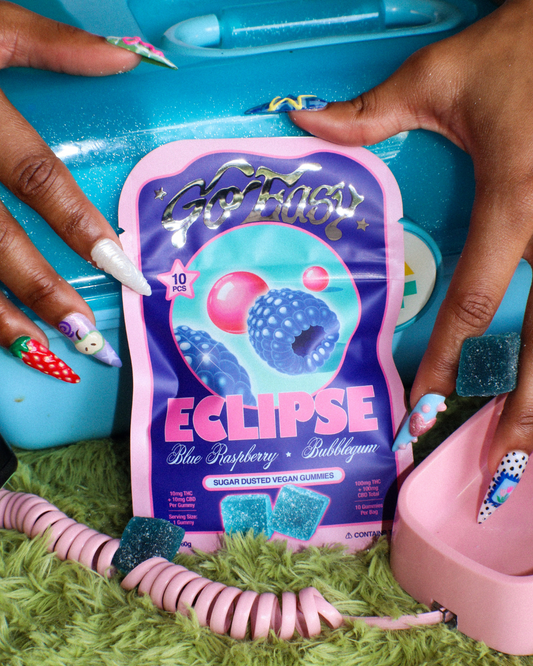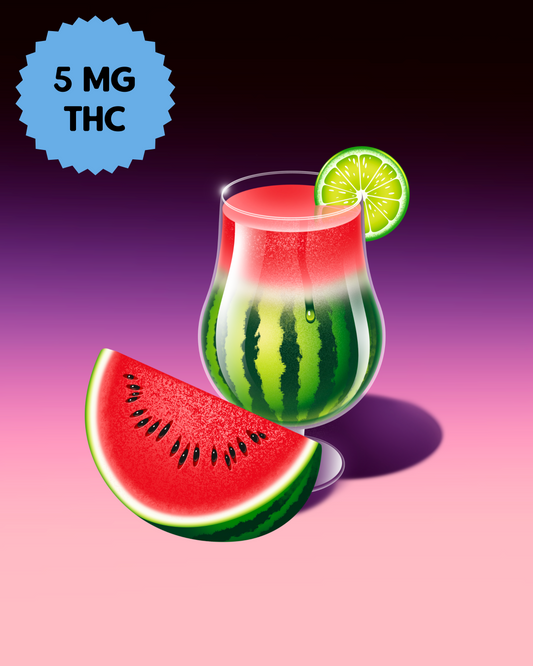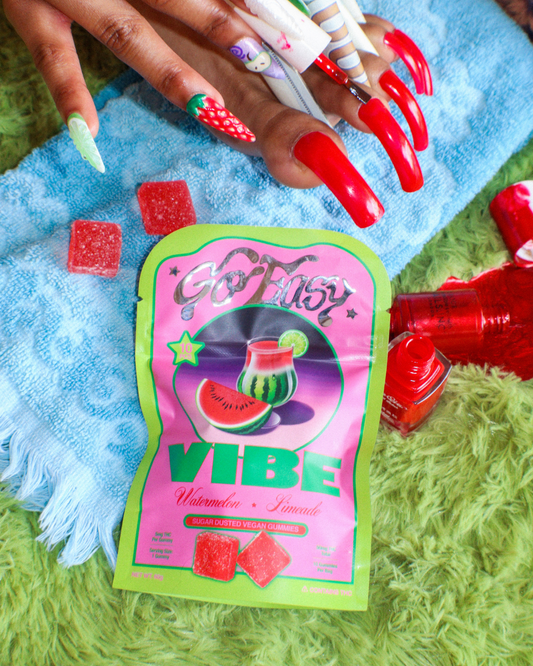Many people are turning to cannabis for relief, but not everyone wants the high that comes with it. Enter THCA (tetrahydrocannabinolic acid)—a non-psychoactive cannabinoid found in raw cannabis that’s gaining attention for its potential therapeutic benefits. But does it actually help with pain, sleep, and anxiety? Let’s break it down.
[What Is THCA? The Beginner’s Guide to This Raw Cannabinoid]
How Does THCA Work?
THCA is the precursor to THC, meaning it exists in raw cannabis before being heated (which converts it into psychoactive THC). Unlike THC, THCA doesn’t bind strongly to CB1 receptors in the brain, which is why it won’t get you high. However, research suggests THCA interacts with other receptors in the body that may contribute to its potential benefits.
THCA for Pain Relief
Many people use cannabis for chronic pain, inflammation, and muscle soreness—but can THCA offer relief without the high?
🔬 What the Research Says:
-
Studies suggest that THCA has anti-inflammatory properties, which may help reduce pain associated with arthritis, injuries, and chronic conditions.
-
Early research on cannabinoids indicates that THCA may help modulate pain perception, similar to CBD.
-
Many users report that THCA tinctures and raw cannabis provide noticeable relief without intoxication.
👉 Best Way to Use THCA for Pain: Try THCA tinctures, capsules, or raw juiced cannabis for potential anti-inflammatory benefits without the high.
[Does THCA Get You High? The Truth Behind This Cannabinoid]
THCA for Sleep Support
Sleep issues are one of the most common reasons people turn to cannabis. But does THCA actually help with sleep?
🔬 What the Research Says:
-
Unlike THC (which can cause drowsiness), THCA has not been directly linked to sedation—but its potential anti-inflammatory and relaxing effects may help with sleep indirectly.
-
Some users report that THCA combined with other cannabinoids (like CBN or CBD) promotes better rest.
-
More research is needed, but some cannabis users find that raw THCA helps regulate their sleep cycle.
👉 Best Way to Use THCA for Sleep: Try THCA tinctures or gummies in combination with other sleep-supporting cannabinoids.
[How to Use THCA: The Best Ways to Enjoy Its Benefits]
THCA for Anxiety Relief
While THC can sometimes cause paranoia or anxiety, some people report that THCA provides a calming effect without intoxication.
🔬 What the Research Says:
-
Early research on cannabinoids suggests that THCA may help regulate mood and stress responses.
-
Since THCA doesn’t activate CB1 receptors the way THC does, it may offer mild relaxation without the psychoactive side effects that some find overwhelming.
-
Some users find that raw THCA products help with anxiety, especially in daytime use when they want to stay clear-headed.
👉 Best Way to Use THCA for Anxiety: Try low-dose THCA tinctures or capsules to promote relaxation without the high.
Is THCA a Good Alternative to THC?
THCA is a great option for those who want the potential benefits of cannabis without the intoxicating effects. However, if you need stronger pain relief or deep sedation for sleep, you may benefit more from activated THC products.
✔️ Choose THCA if you want relief without getting high.
✔️ Choose THC or CBD blends if you need stronger effects for pain or sleep.
✔️ Try combining THCA with other cannabinoids (like CBD or CBN) for a balanced approach.
Final Thoughts: Should You Try THCA for Pain, Sleep, or Anxiety?
While research on THCA is still emerging, early findings and user experiences suggest it may be a useful cannabinoid for wellness without psychoactive effects. If you’re looking for natural alternatives for pain, sleep, or anxiety, THCA may be worth trying.


